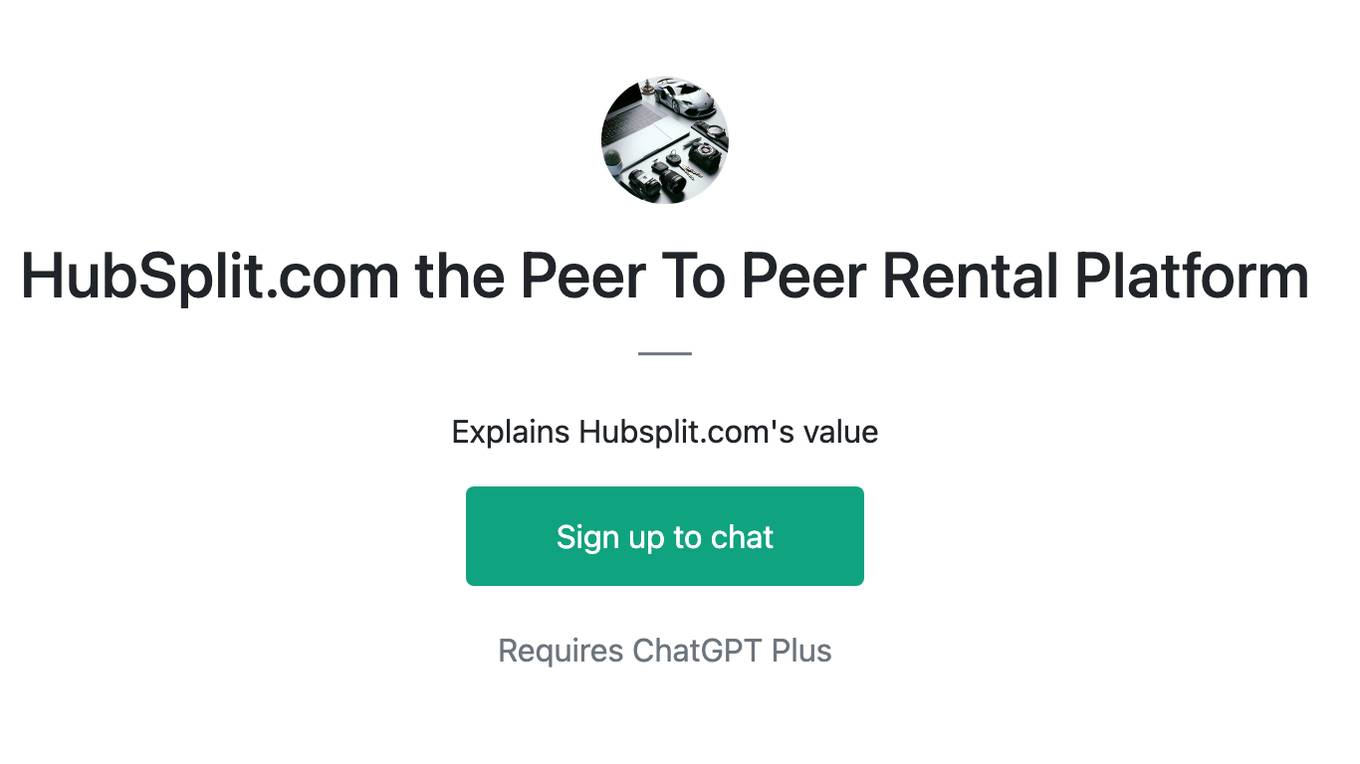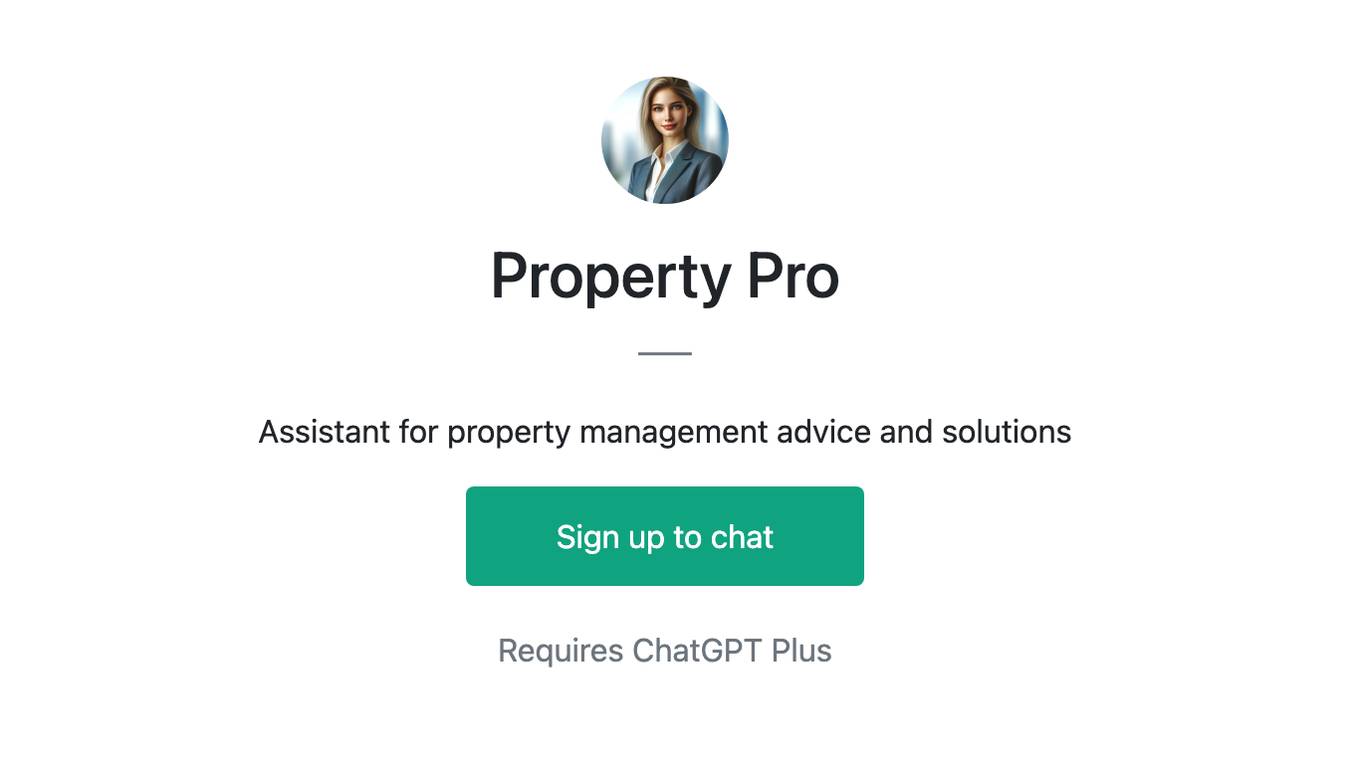Best AI tools for< Tenant >
Infographic
9 - AI tool Sites
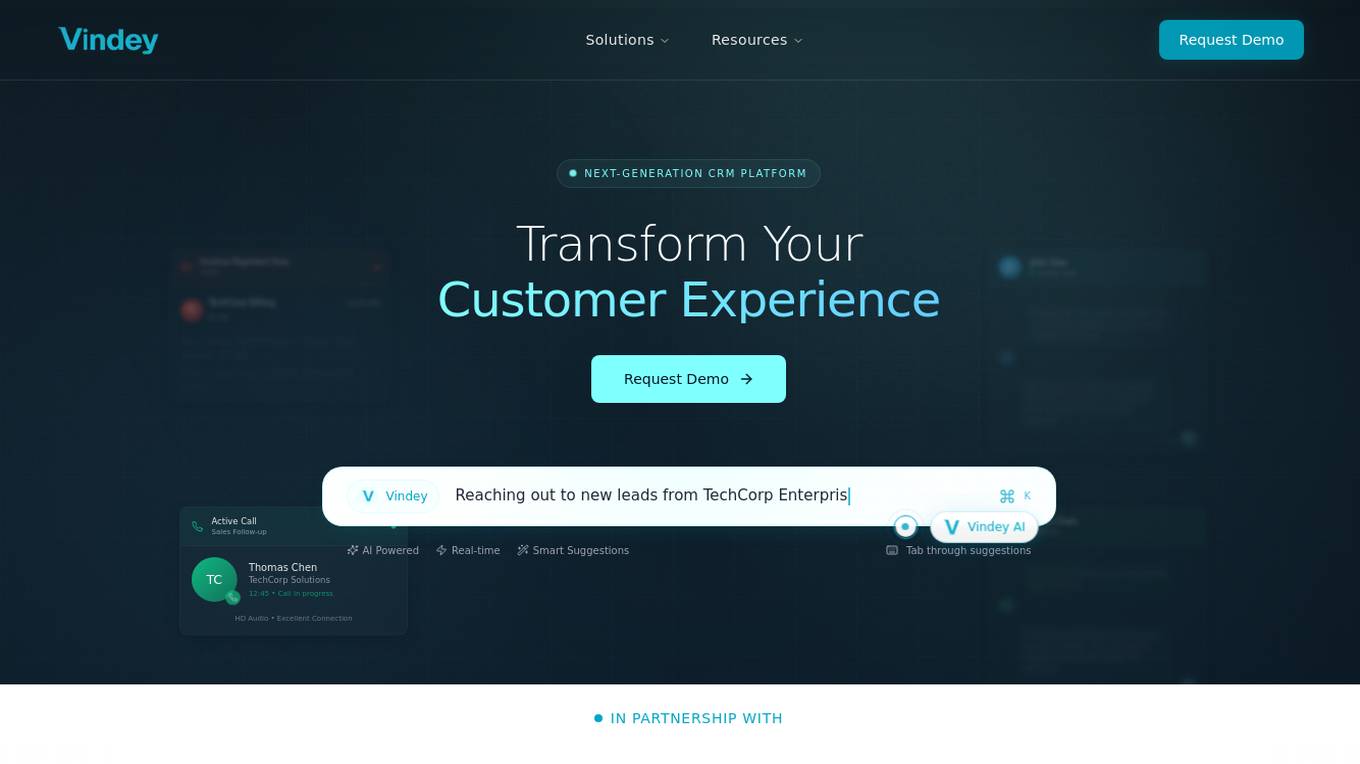
Vindey
Vindey is an industry-leading AI-powered CRM platform designed for property management and sales solutions. It offers real-time smart suggestions, automation features, and intelligent sales automation to transform customer experiences. Vindey handles the entire sales pipeline, from lead qualification to deal closing, while providing personalized interactions and seamless lead management. The platform also offers AI-powered payment insights, workflow automation, and tailored solutions for various industries, such as sales, healthcare, real estate, education, and manufacturing.
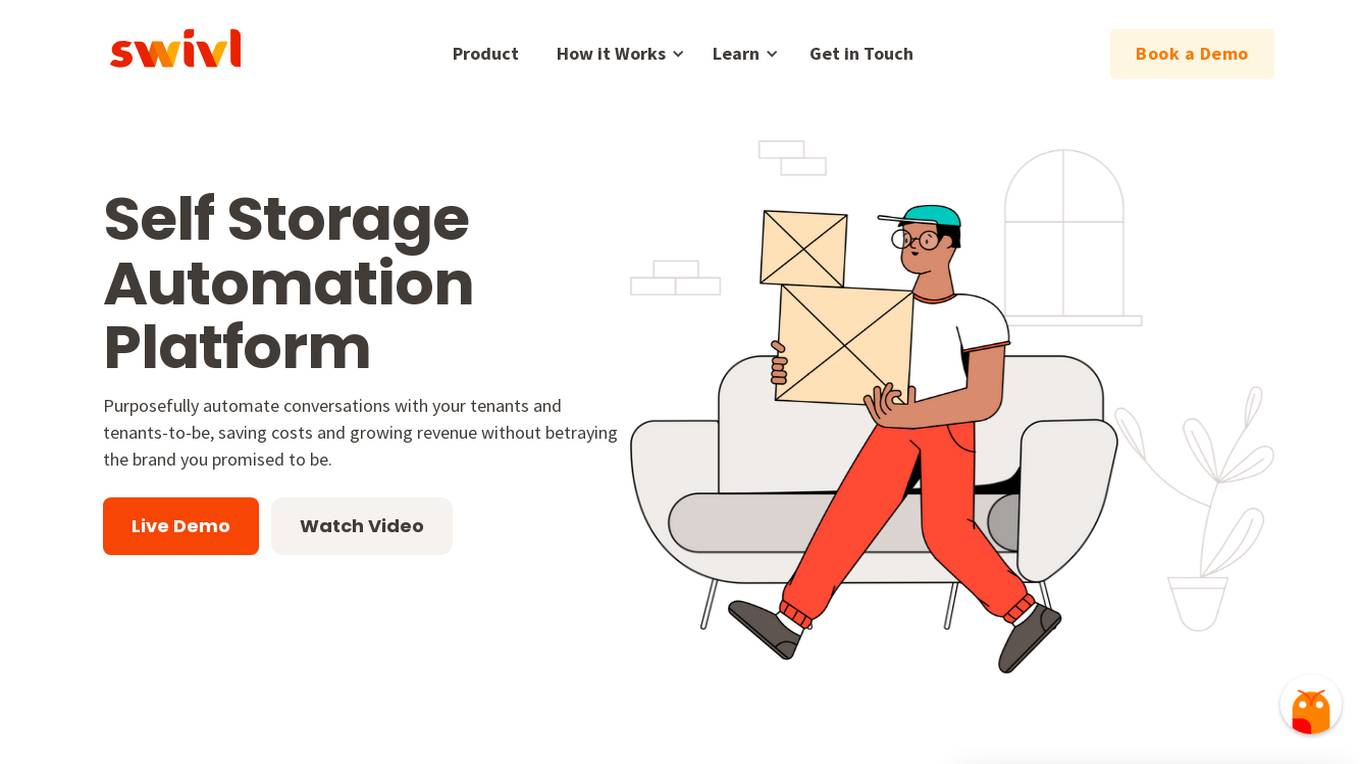
Swivl
Swivl is an automation platform designed for self-storage businesses, offering intelligent automation solutions to streamline operations and enhance customer interactions. The platform leverages conversational AI technology to automate conversations with tenants, drive revenue, and augment workforce capabilities. Swivl aims to simplify the rental process, save costs, and increase revenue for self-storage operators while maintaining brand integrity. The platform is trusted by self-storage leaders for its ability to automate customer touchpoints, provide automated customer support and sales assistance, and enhance team productivity. With features like digital assistants, online self-service automation, inventory recommendations, call center deflection, and omni-channel experiences, Swivl is a comprehensive solution for self-storage businesses.
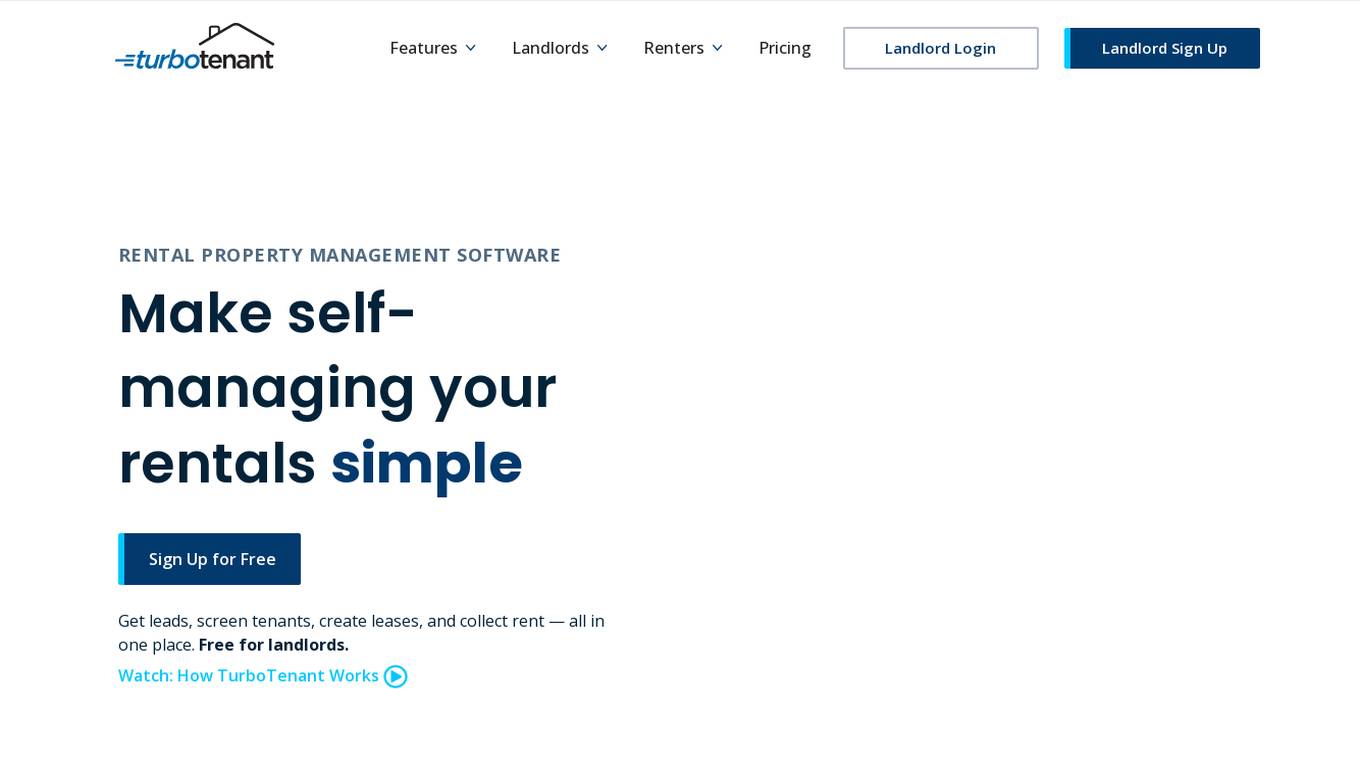
TurboTenant
TurboTenant is a property management software designed for landlords to simplify the process of managing rental properties. The platform offers a range of features such as advertising, rental applications, tenant screening, lease agreements, rent collection, and accounting. TurboTenant aims to streamline the rental process for landlords, providing tools to create leases, collect rent, and manage maintenance requests. The platform also offers state-specific lease agreements, rent collection software, integrated accounting software, and tools for rental management. TurboTenant's free Lease Agreement Audit tool powered by AI analyzes leases for legal compliance within 15 seconds.
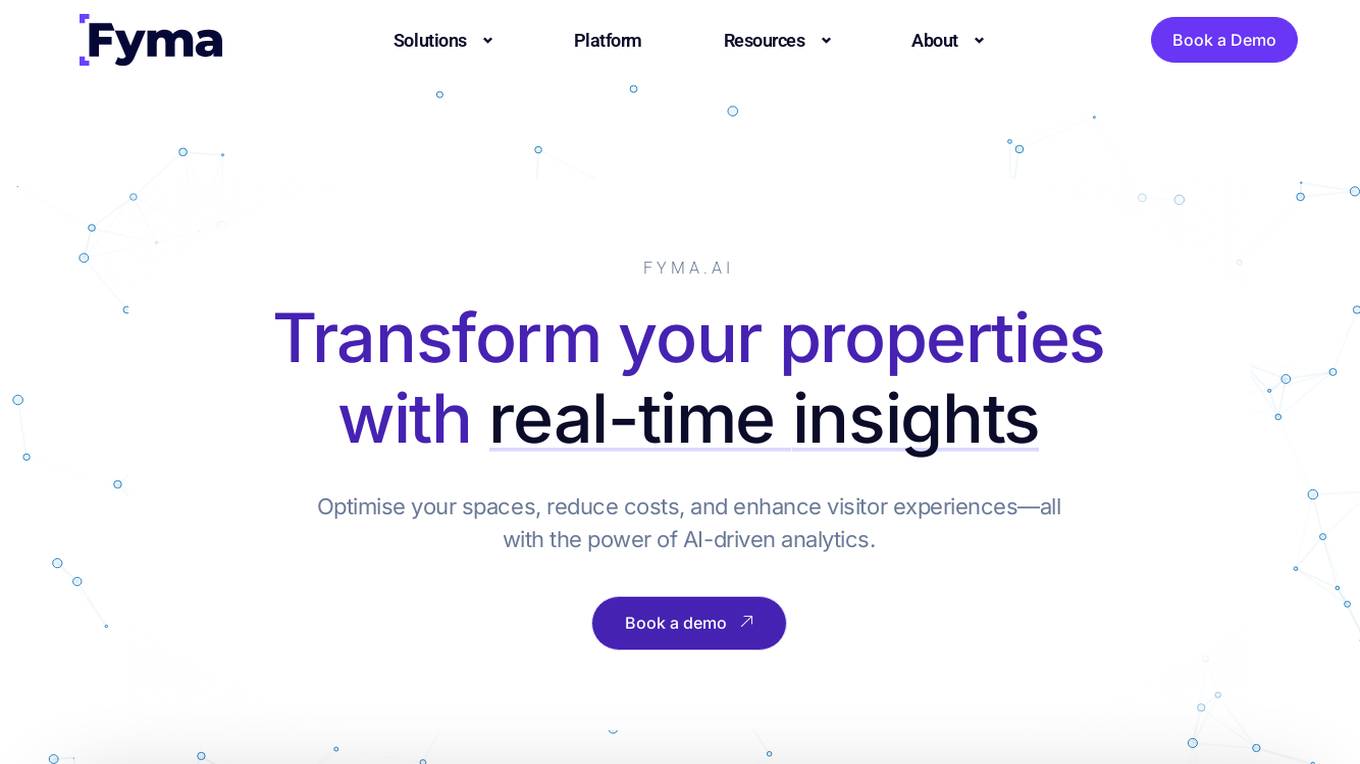
Fyma
Fyma is an AI-driven analytics tool that helps property managers, asset operators, and urban planners optimize spaces, reduce costs, and enhance visitor experiences by transforming existing cameras into AI-enabled sensors. It provides real-time insights on occupancy, space utilization, and tenant placement decisions, allowing users to make data-driven decisions for property management and revenue optimization.
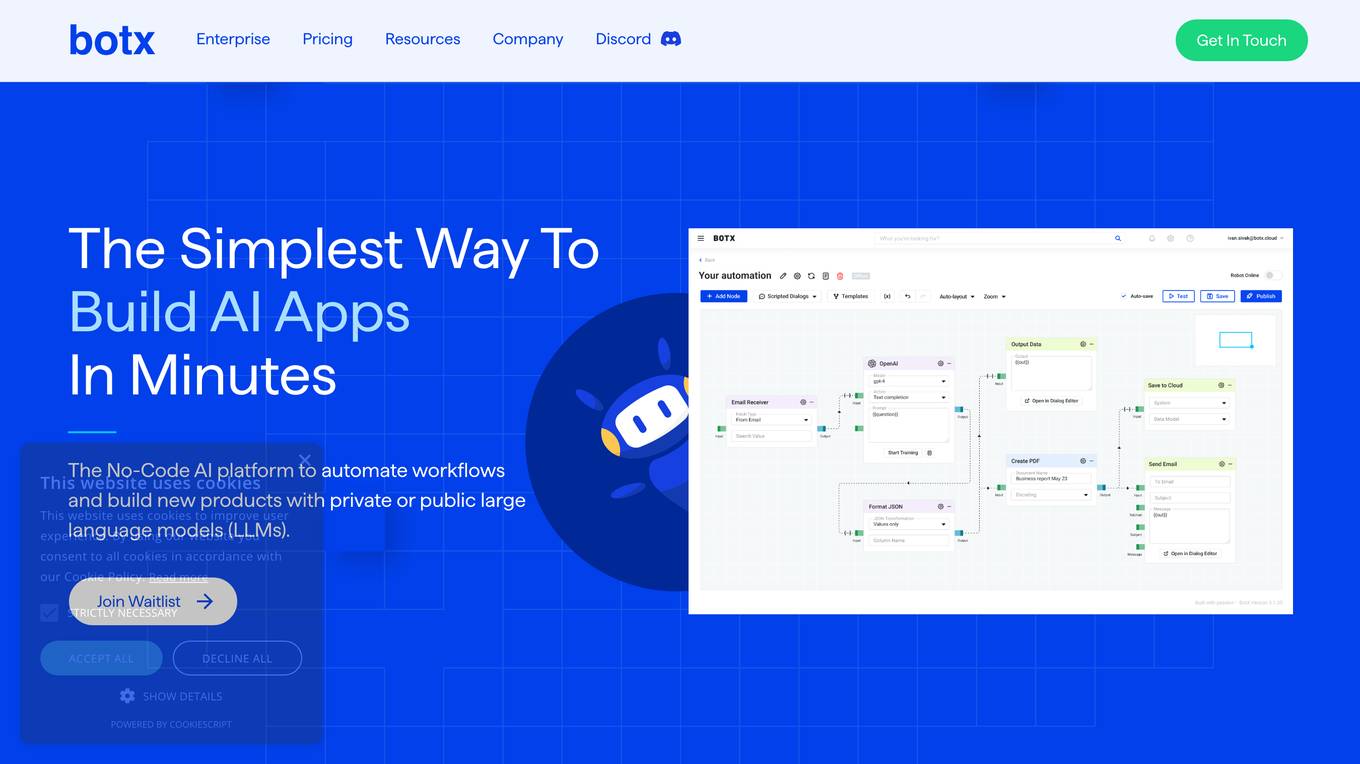
Synthreo
Synthreo is a Multi-Tenant AI Automation Platform designed for Managed Service Providers (MSPs) to empower businesses by streamlining operations, reducing costs, and driving growth through intelligent AI agents. The platform offers cutting-edge AI solutions that automate routine tasks, enhance decision-making, and facilitate collaboration between human teams and digital labor. Synthreo's AI agents provide transformative advantages for businesses of all sizes, enabling operational efficiency and strategic growth.
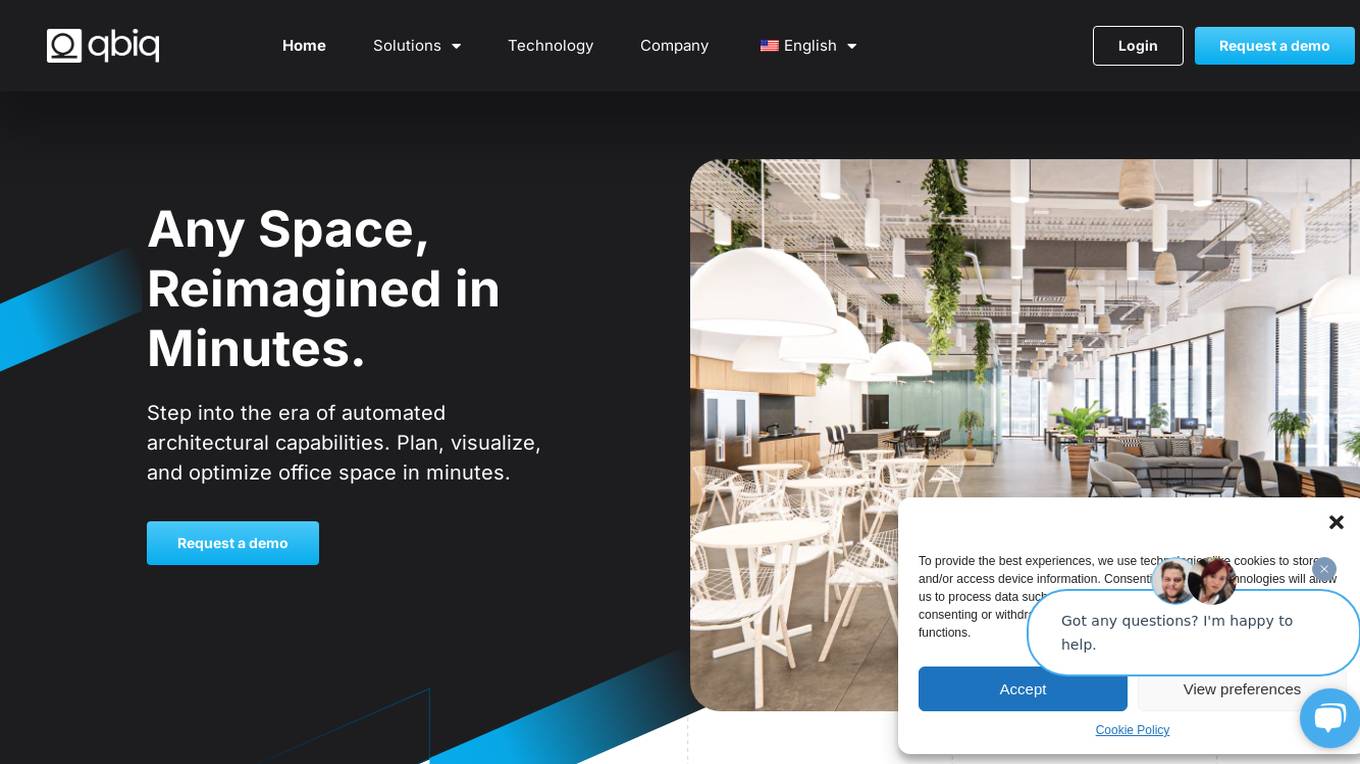
qbiq
qbiq is a generative AI platform designed for real estate layout design and virtual tours. It automates architectural planning processes, providing customized layout plans for any space and tenant within 24 hours. By utilizing deep-learning technology, qbiq delivers architectural-grade plans and data-driven insights, revolutionizing real estate layout planning for landlords, brokers, and architects. The platform aims to accelerate deal cycles, improve closing rates, reduce vacancy rates, and empower users to make faster and more informed decisions.
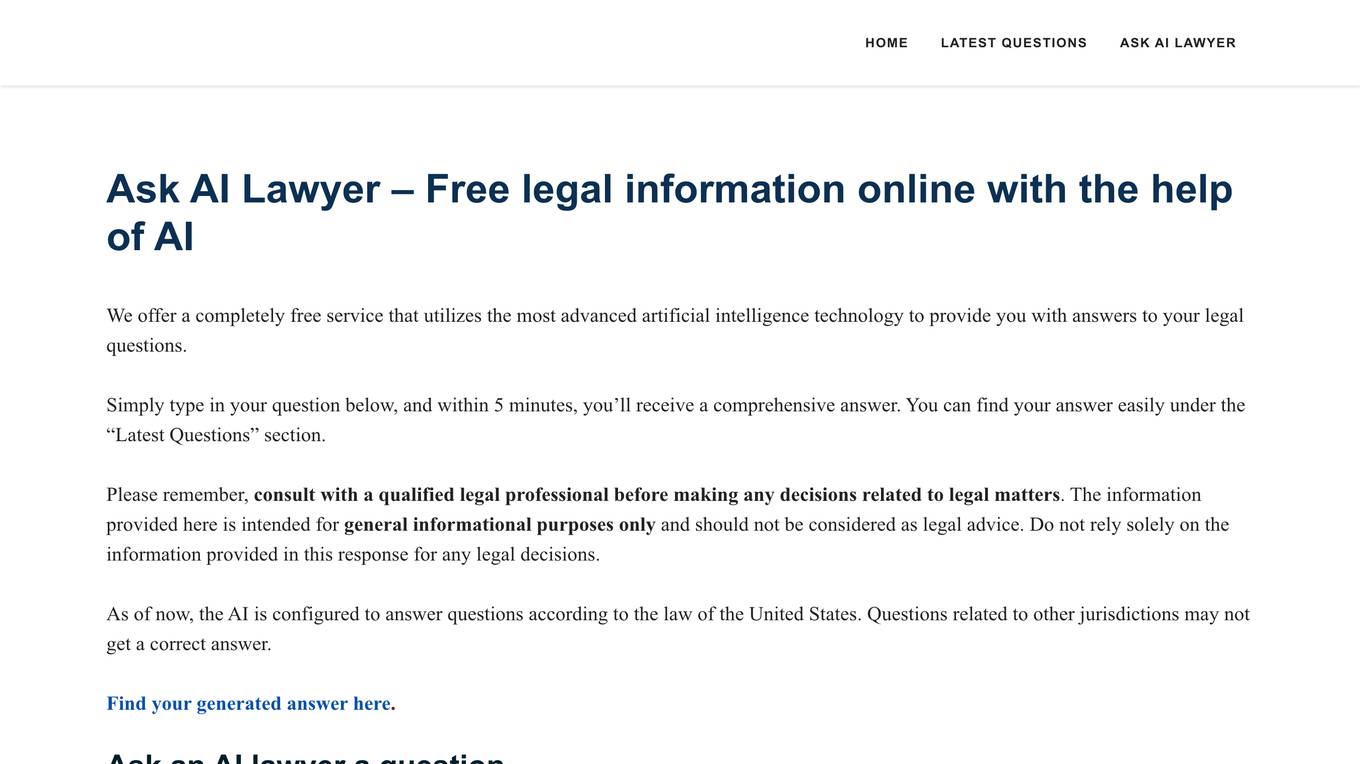
Ask AI Lawyer
Ask AI Lawyer is a free online legal information service that utilizes advanced artificial intelligence technology to provide answers to legal questions within 5 minutes. It is powered by OpenAI's GPT models and offers general legal information on various topics such as traffic laws, business start-ups, tax law, family law, business contracts, employment law, landlord/tenant matters, wills and trusts, and real estate law. The AI analyzes user questions, cross-references them with a database of legal information, and provides comprehensive answers. Answers are published publicly under the "Latest Questions" section for everyone to view. The service is designed to provide quick and easy access to legal information but should not be considered as a substitute for professional legal advice.
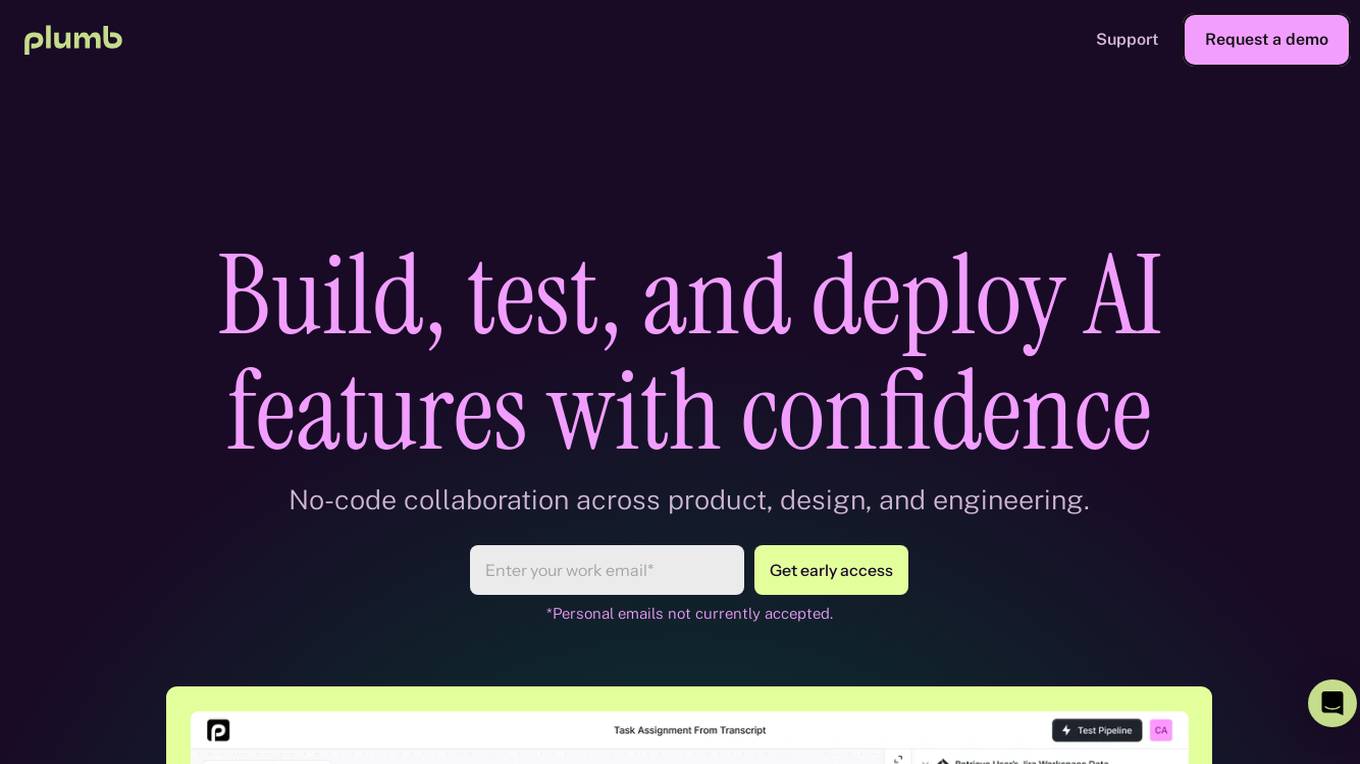
Plumb
Plumb is a no-code, node-based builder that empowers product, design, and engineering teams to create AI features together. It enables users to build, test, and deploy AI features with confidence, fostering collaboration across different disciplines. With Plumb, teams can ship prototypes directly to production, ensuring that the best prompts from the playground are the exact versions that go to production. It goes beyond automation, allowing users to build complex multi-tenant pipelines, transform data, and leverage validated JSON schema to create reliable, high-quality AI features that deliver real value to users. Plumb also makes it easy to compare prompt and model performance, enabling users to spot degradations, debug them, and ship fixes quickly. It is designed for SaaS teams, helping ambitious product teams collaborate to deliver state-of-the-art AI-powered experiences to their users at scale.
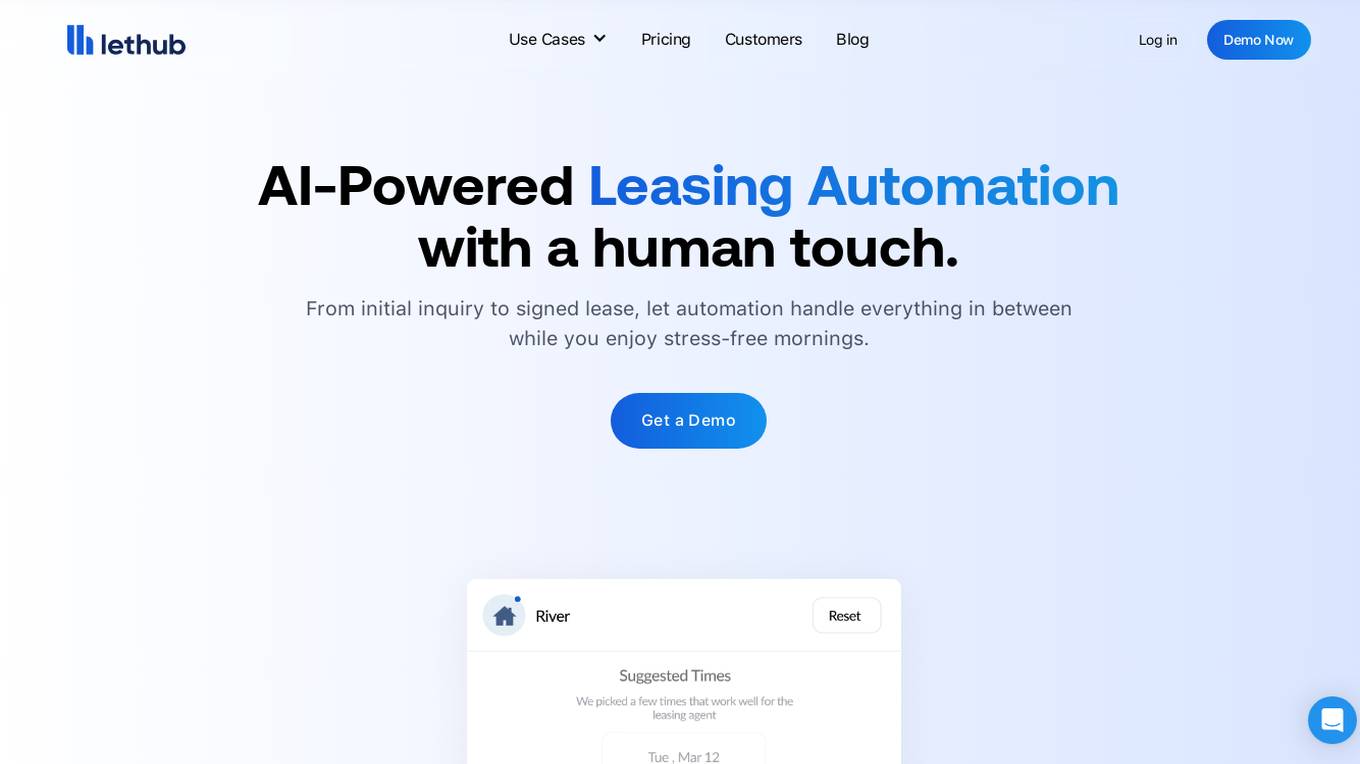
LetHub
LetHub is an AI-powered leasing automation and scheduling tool designed for property management use cases. It streamlines property management operations for multi-family operators, optimizing multifamily management with self-tour enabled features. LetHub offers a robust scheduling engine, AI chatbot capabilities, and automation for capturing leads, nurturing prospects, and converting them into tenants. The tool enhances security with bank-level safety measures and provides features like automatic tour scheduling, two-way calendar sync, open house scheduling, lockbox integration, and more. LetHub aims to revolutionize property management by combining AI automation with a human touch, making the leasing process efficient and stress-free for property managers and tenants alike.
0 - Open Source Tools
11 - OpenAI Gpts

Punaises de Lit
Expert sur les punaises de lit, conseils d'identification et mesures à prendre en cas d'infestation.
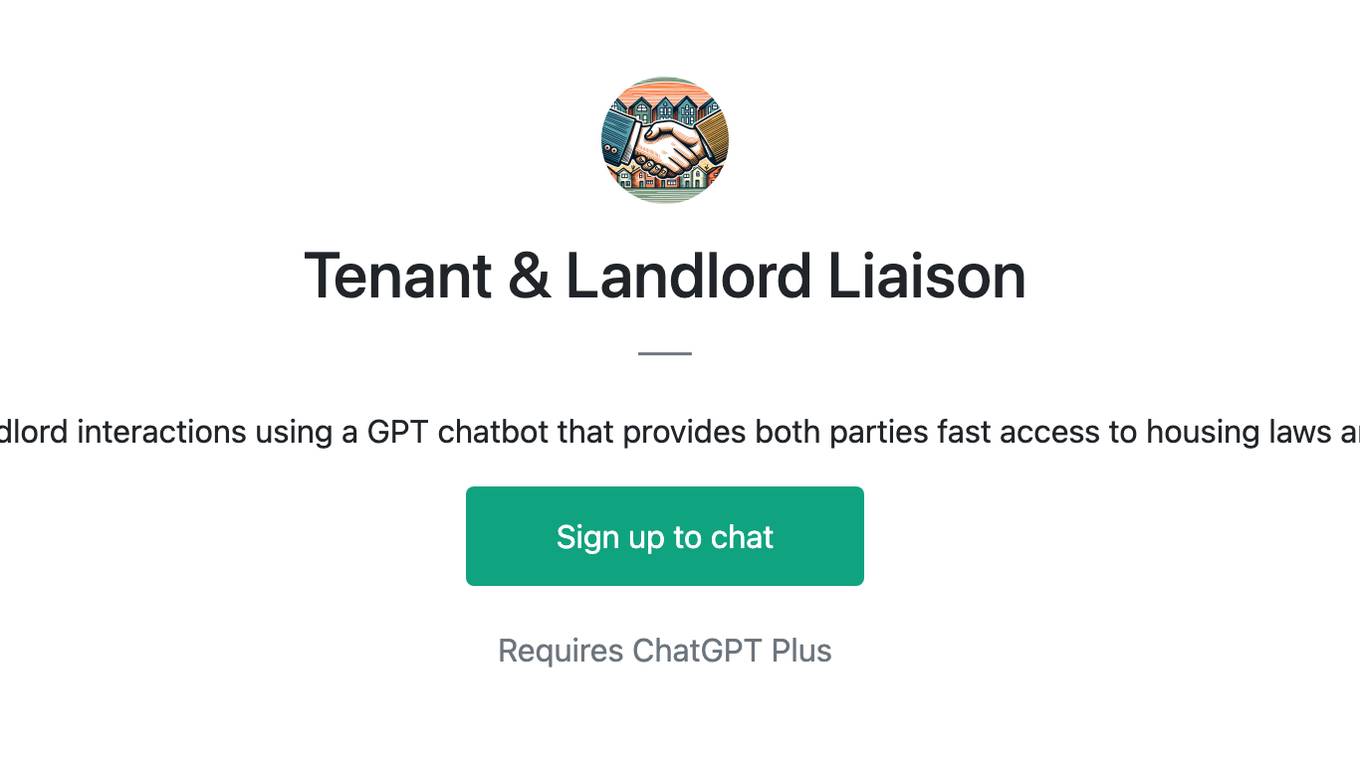
Tenant & Landlord Liaison
Enhance tenant-landlord interactions using a GPT chatbot that provides both parties fast access to housing laws and best practices.

CRE Property Matchmaker
A commercial real estate broker aiding in finding users for properties.
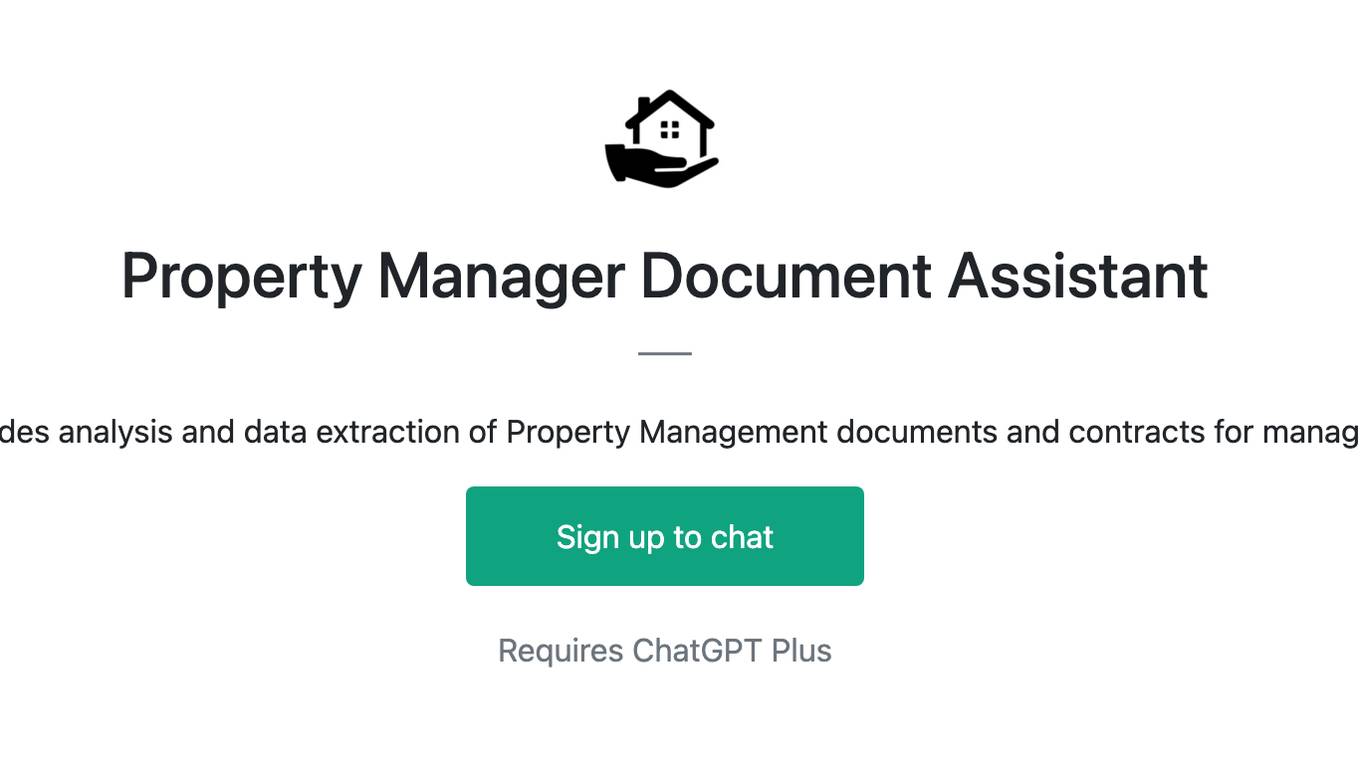
Property Manager Document Assistant
Provides analysis and data extraction of Property Management documents and contracts for managers
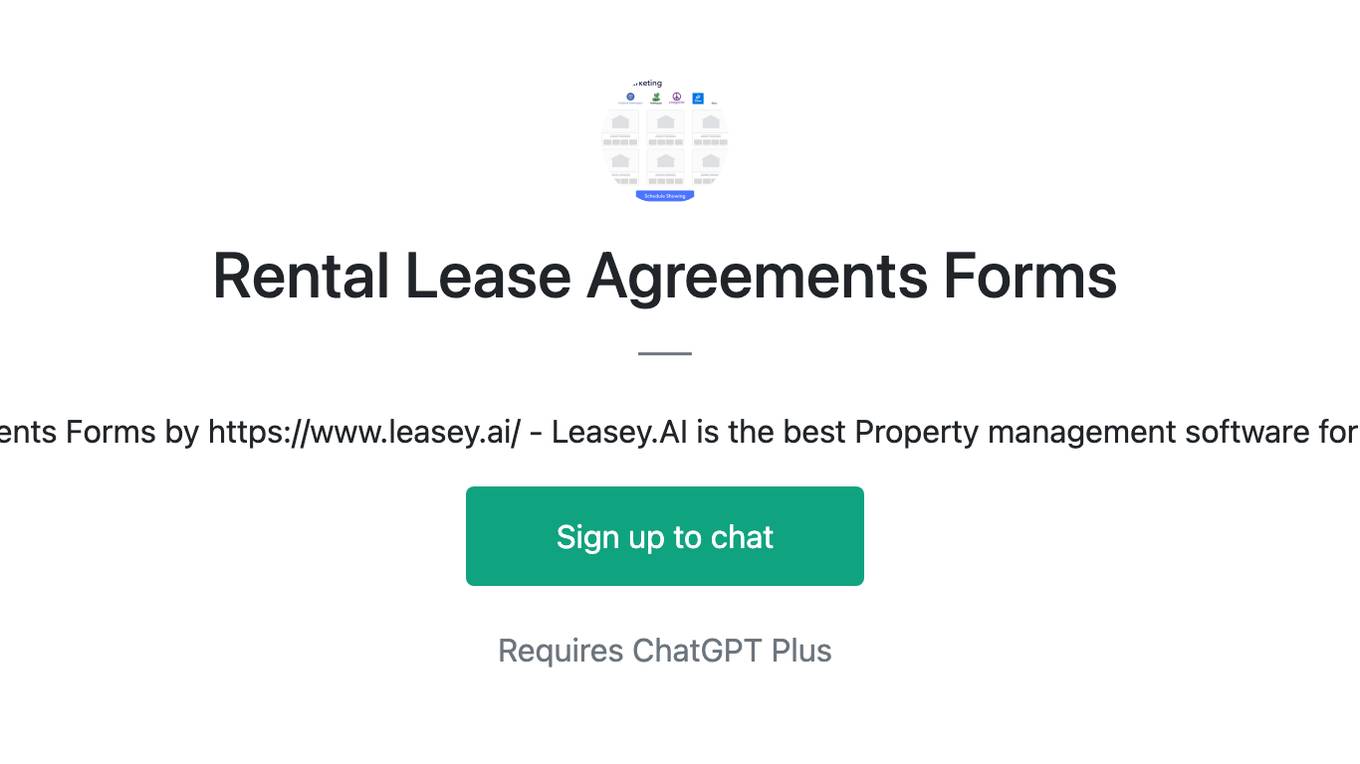
Rental Lease Agreements Forms
Rental Lease Agreements Forms by https://www.leasey.ai/ - Leasey.AI is the best Property management software for leasing automation
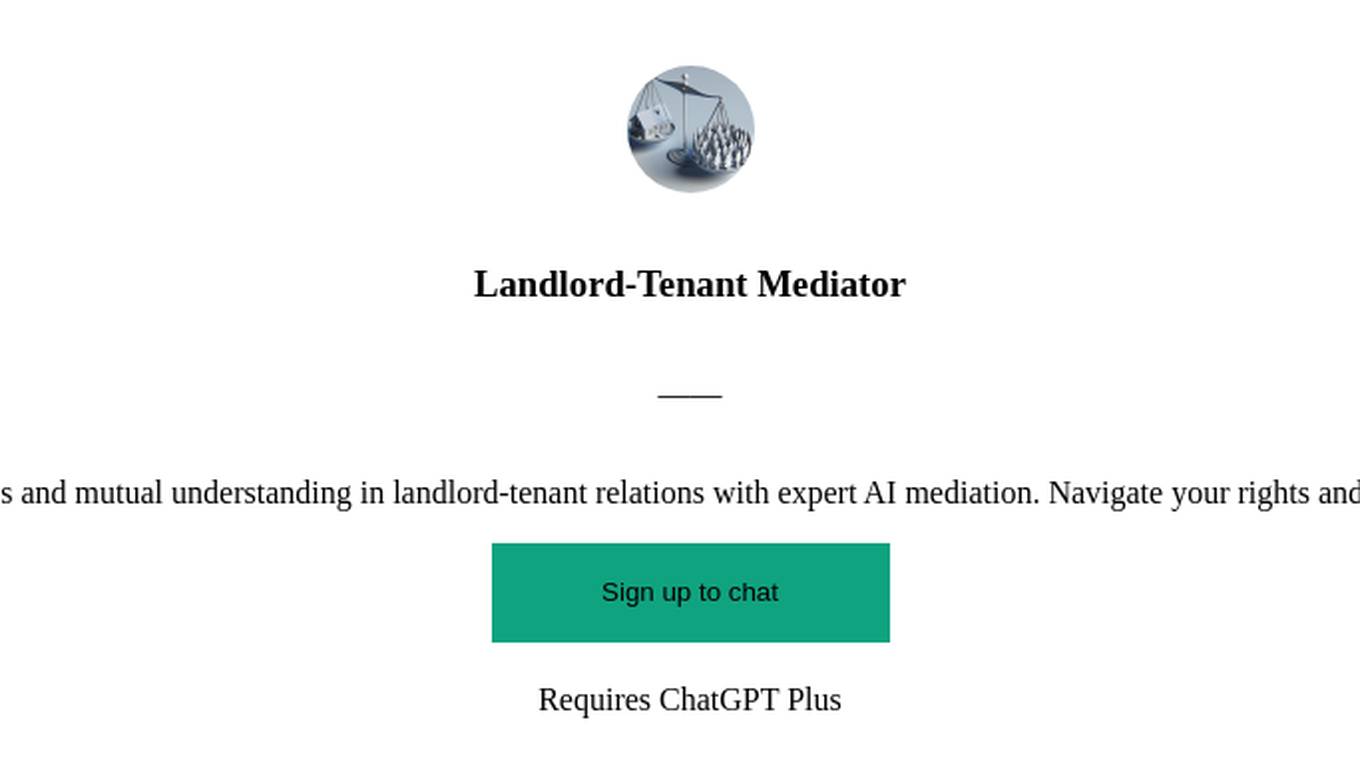
Landlord-Tenant Mediator
Facilitate amicable solutions and mutual understanding in landlord-tenant relations with expert AI mediation. Navigate your rights and responsibilities with ease. 🤝🏠
